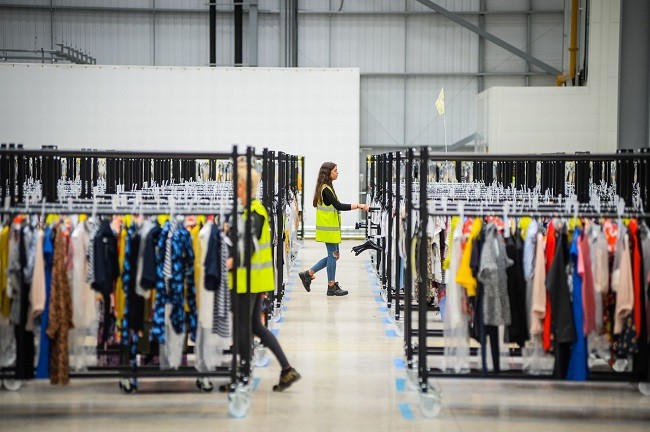- Mobile:+8801787433263, +8801819295664
- Email : info@mohabbatgarments.com
-
Sat-Thu : 9AM-6PM

According to the NRF, US ports handled 1.96 million twenty-foot containers (TEU) of goods in June, down 8.4 percent from the same period last year, although up 0.7 percent from May. The agency had previously forecast that 2.6 million TEUs of goods would be handled in June.
The NRF predicts that total import flows through major U.S. ports will decline by 5.6 percent by the end of this year compared to 2024.
Retail brands Under Armour and Deckers Outdoor said they have already felt the impact of the tariff hike in recent months. They are trying to diversify their supply chains by avoiding importing or sourcing products through Southeast Asian countries, such as Vietnam.
“The uncertainty of the tariff hike has made it difficult for retailers to plan orders and shipments for the holiday season. As a result, shoppers will ultimately face higher prices, lower product availability and limited options,” said Jonathan Gold, vice president of supply chain and customs policy at the NRF.
He added that the tariff hike will increase product prices in the United States, reduce hiring, reduce business investment and slow the economy. “We need a trade deal that opens markets and reduces tariffs—not increases them.”